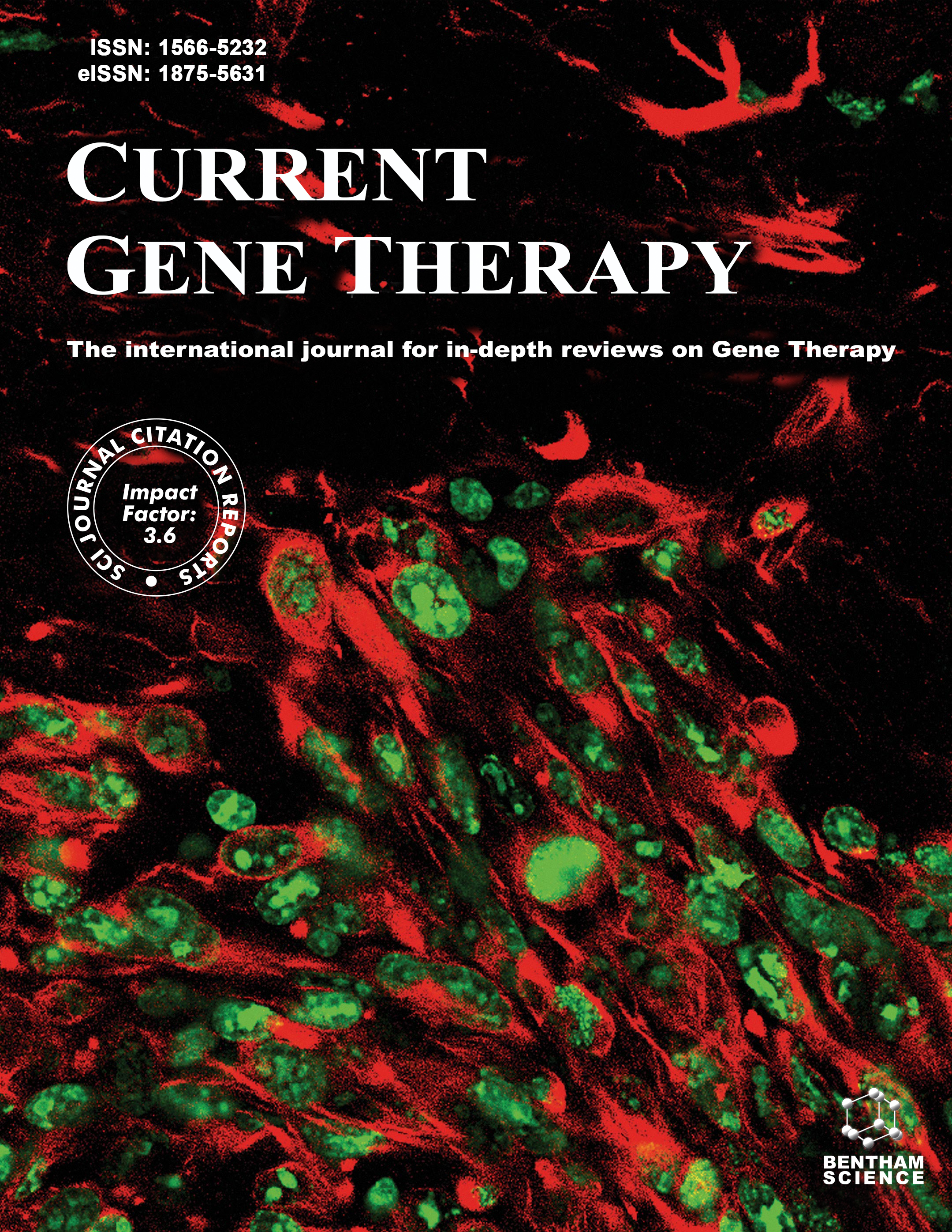-
s Development of Sendai Virus Vectors and their Potential Applications in Gene Therapy and Regenerative Medicine
- Source: Current Gene Therapy, Volume 12, Issue 5, Oct 2012, p. 410 - 416
-
- 01 Oct 2012
Abstract
Gene delivery/expression vectors have been used as fundamental technologies in gene therapy since the 1980s. These technologies are also being applied in regenerative medicine as tools to reprogram cell genomes to a pluripotent state and to other cell lineages. Rapid progress in these new research areas and expectations for their translation into clinical applications have facilitated the development of more sophisticated gene delivery/expression technologies. Since its isolation in 1953 in Japan, Sendai virus (SeV) has been widely used as a research tool in cell biology and in industry, but the application of SeV as a recombinant viral vector has been investigated only recently. Recombinant SeV vectors have various unique characteristics, such as low pathogenicity, powerful capacity for gene expression and a wide host range. In addition, the cytoplasmic gene expression mediated by this vector is advantageous for applications, in that chromosomal integration of exogenous genes can be undesirable. In this review, we introduce a brief historical background on the development of recombinant SeV vectors and describe their current applications in gene therapy. We also describe the application of SeV vectors in advanced nuclear reprogramming and introduce a defective and persistent SeV vector (SeVdp) optimized for such reprogramming.


